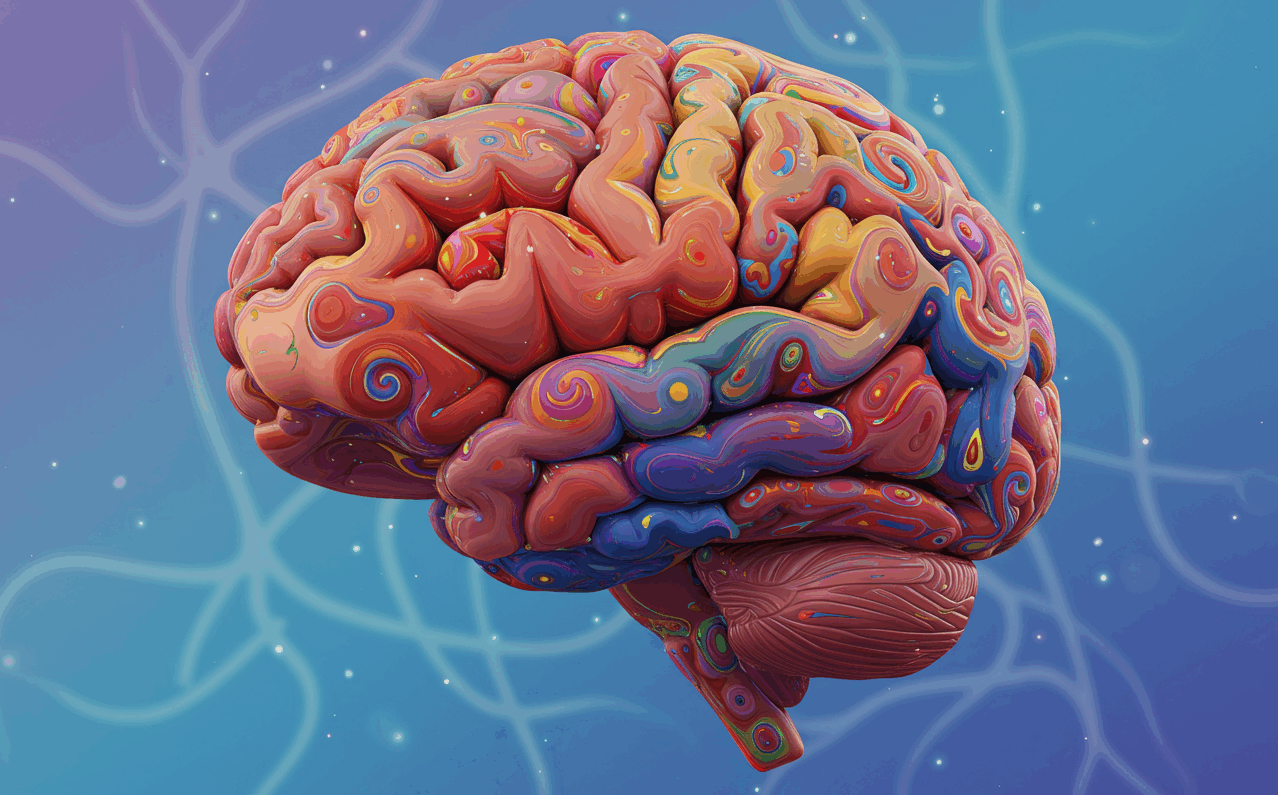Today I learned about a seemingly normal human thing called “norm-matching. Apparently, we do it all the time. For example, you are in a restaurant with your friend or partner and you notice that they are eating half of their steak or have stopped eating. Our “natural” reaction is to match that behavior and eat less/stop eating as well. Of course, it’s peer pressure and “herd behavior” that I’ve often been spectacularly bad at, though I keep trying.
I have one of only a handful of childhood memories. I am in kindergarten. I was learning how to tie my shoes from a practice piece made of a small square of cardboard with a ribbon on it for practice. There were two colors, blue for boys and red for girls. I have a distinct memory of sitting alone at a table, just meticulously practicing tying the bow. I remember not wanting to go outside and play with other children. I also remember hiding under a table so as not to be found and waiting until they were all out in the yard playing and screaming while I stayed behind to tie my bow. That memory says it all.
My mother, teachers, and pretty much everyone else would always accuse me of being off in my own world. My school teachers, as well as my first manager when I was doing my apprenticeship, all noted that I needed to concentrate more. To them, I seemed distracted, off in my own world, daydreaming. I remember one comment in my apprenticeship report: “Carmen is very intelligent and could easily be the best in her class if she would work harder and not be so lazy. My mother also thought I was lazy, but she thought it must be because I was probably on drugs, which was completely ridiculous, but that was her explanation for my scattered mind that seemed to struggle to fit in and stay present.
When I read the article on norm matching, a light bulb went off in my head. For years I have wondered why people who should be lazy, incompetent, fake, dishonest, mean, and opportunistic are so successful in business. I would look around in disbelief and wonder why no one else could see what seemed so obvious to me. Of course, I concluded that I was wrong, that there was something wrong with ME, not them, because if I am the only one who sees it and the NORM does not, then I must be the one who is wrong. How did I know it wasn’t me? Well, often years later, I would find others who would start telling me their observations about a certain person, and without my input, they would share things like, “This one was definitely one of the laziest people. I’ve never seen them work a day in their life, but boy, are they good at tricking others into thinking they’re amazing”.
I think what scares me so much about norm-matching is that, quite frankly, I am frightened by what is considered normal. It ranges from how companies behave, who gets put in leadership roles and promoted or hired, to how people treat each other, to how countries are run, to what people do in the name of ideology. I do not find the “norm” to be something I aspire to, even though it feels like it is killing me not to fit in.
So there you have it. If we are not “normal,” or rather, do not fit the neurological norm, how can we actually fit into the “normal” world and function successfully in it? I guess I’ll have to keep trying to figure that out.
